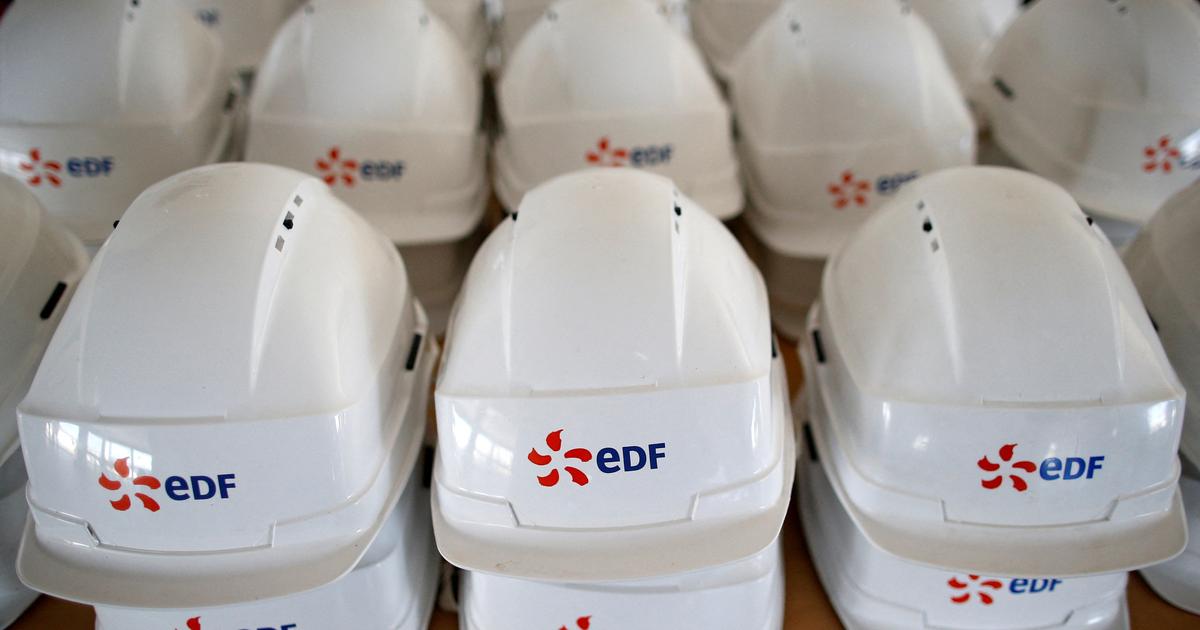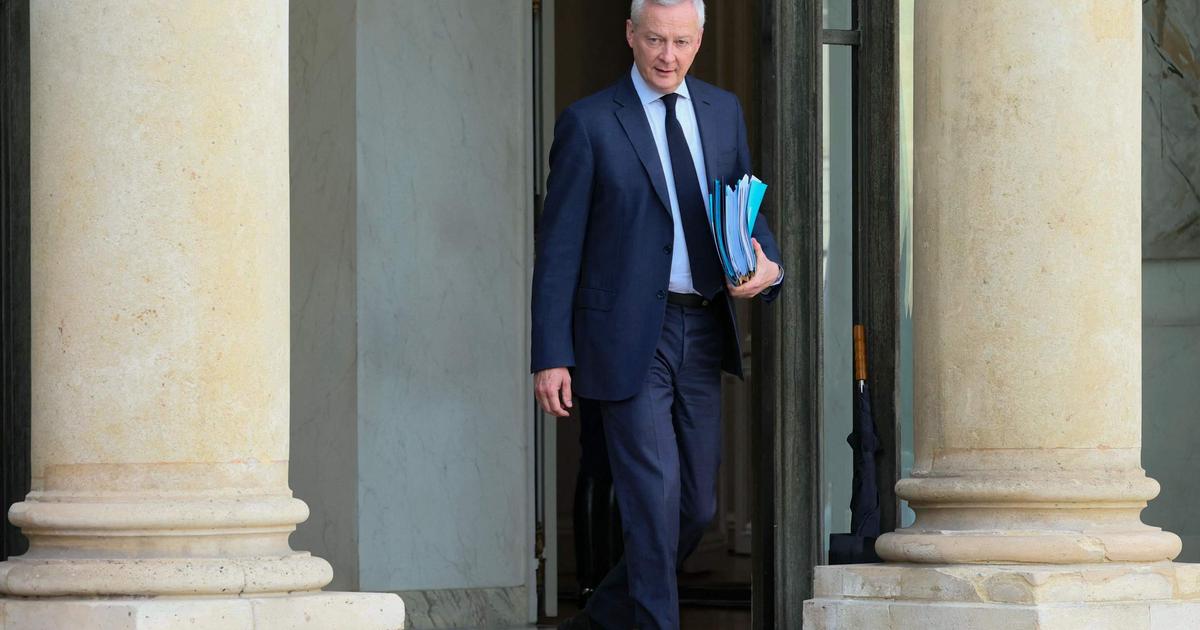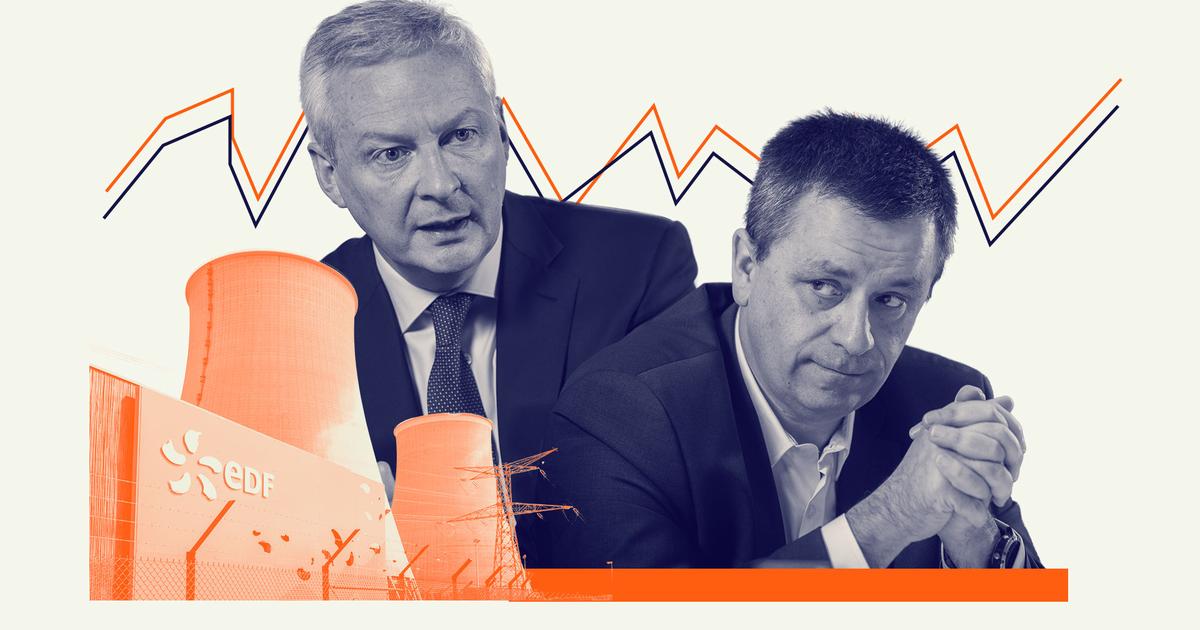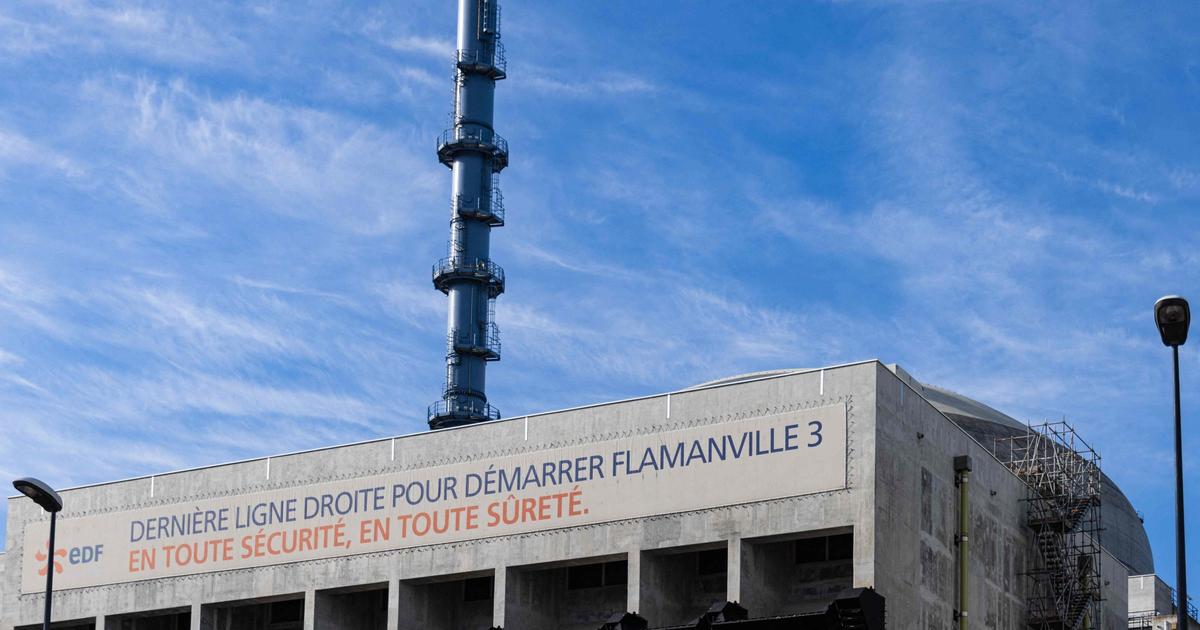Laurent Herblay has been leading the Free Gaullist blog since 2007. He published
Neoliberalism is an oligarchism: and a deconstruction of democracy,
Ed. Librinova, June 2021.
While EDF's full return to public ownership is good news for those who think it is a public service that gains nothing from being privatized, the government's surprise announcement must be put into perspective to many reasons.
First, the State having retained more than 80% of the capital, this will only marginally change its influence.
But above all, it opens the way to dangerous capitalistic operations, and misses the problem of the European energy market.
Of course, EDF undoubtedly has its share of responsibility in the difficulties it is currently going through, between the EPR, or the numerous shutdowns of nuclear power plants for various maintenance operations.
But, despite everything, we cannot throw all the responsibility for its difficulties on the company.
They are largely the consequences of political decisions that have affected what was a flagship of our country, a public service admired around the world that allowed us to have cheap, largely carbon-free electricity, a source of competitive advantage for our economy but also electricity export.
EDF also faces the threat of dismantling the Hercule project and the contradictory injunctions of its first shareholder,
This complete nationalization lifts the brakes on projects to continue dismantling EDF, or on any arbitrary project by the government and European regulators.
Laurent Herblay
With a State so capable of forcing EDF to buy another company (the turbines of Alstom's nuclear power plants, or Areva) we can also fear that this nationalization will facilitate a possible relaunch of the Hercule project which had been negotiated with the European Commission. .
Indeed, this complete nationalization lifts the brakes on plans to continue dismantling EDF, or on any arbitrary plan by the government and European regulators.
We can also consider that the State bears a heavy responsibility for EDF's lack of investment in power plants, in addition to its reversals in nuclear strategy.
And finally, the State has a strong share of responsibility in certain totally aberrant choices, such as the Nuclear Safety Authority which points out that
To top it off, it should be remembered that the supposed liberalization of the electricity market in France had two major consequences.
First, the cutting of EDF in two, Enedis being separated from it to manage the network.
And also the sale "at a friendly price" of part of the electricity produced by EDF to its "competitors" to create regulated competition ensuring sufficient profits for newcomers who have never had to create the network or to produce the least Kwh.
And this quantity was revised upwards a few months ago to limit the price increases of alternative suppliers... In short, EDF is the pillar of the electricity "market", but a pillar vampirized by competitors who live on its back, as well as by its main shareholder, which behaves like a fund
In the scheme of twenty years ago, France should have gone through the current energy crisis much less affected than its neighbours.
Laurent Herblay
Finally, the current mode of operation bases the price of electricity partly on that of gas and results in rather extravagant prices, since with the surge in the price of hydrocarbons, prices soar even more in France than in Germany when we use it much less to produce our electricity.
This is how the rules set with the EU would have produced a surge of more than 70% in the price of electricity in three years without the intervention of the government, which allowed an already heavy increase of more than 20% for many households.
In the scheme of twenty years ago, France should have gone through the current energy crisis much less affected than its neighbours.
The current Byzantine and technocratic scheme produces some of the highest spot prices on the continent!
More than the complete nationalization of EDF, what had to be done was to put an end to this totally artificial competition, and take back our energy destiny totally in hand, far from the aberrant rules resulting from this technocratic EU and very porous to lobbies .
Moreover, it would undoubtedly be much more effective in ensuring an energy transition fully aligned with the general interest.















